Myanmar’s situation remains a complex and volatile issue. According to Chinese Foreign Minister Wang Yi, during the 9th Mekong-Lancang Cooperation (MLC) Foreign Ministers’ Meeting in Chiang Mai, Thailand, there are three critical conditions “Myanmar should not be subject to civil strife, should not be detached from the ASEAN (Association of Southeast Asian Nations) family, and should not be allowed to be infiltrated and interfered with by external forces.”
Regarding this, a question arises as to whether China is aligning itself with the military-led State Administration Council (SAC) or whether it continues to employ its dual-track approach (a double-sword approach) to deal with both the military and revolutionary groups.
China has always advocated for non-interference in Myanmar’s internal affairs. This stance was reiterated during the 2022 Mekong-Lancang meeting in Cambodia, where Wang Yi urged Myanmar stakeholders to address the crisis within the framework of the 2008 constitution. However, the recent visit by Wang Yi to Myanmar, including meetings with both the current military leadership, Snr. Gen. Min Aung Hlaing, former regime leader, Than Shwe, and former President Thein Sein could imply the potential shift of their strategy on Myanmar.
While some might interpret this as China choosing sides, it’s more likely a continuation of its multi-faceted strategy. For example, it wouldn’t support the military junta and attack the Ethnic Armed Organizations (EAOs) or at least it would continue its relationship with members of the Federal Political Negotiation and Consultative Committee (FPNCC).
This is because China’s main concern is the potential for instability and a power vacuum if the military regime is overthrown. It does not want Myanmar to be like Libya where the country was in crisis after Muammar Gaddafi’s government was overthrown.
Therefore, despite recognizing the military junta’s inability to run the country, it is hesitant to push for the military’s downfall. Instead, it has opted to support the SAC-led election process as a means to restore a semblance of normalcy. However, the feasibility of holding credible elections amidst ongoing conflict and economic hardship is highly questionable.
Although Mr. Wang has agreed that China would support any means in order for the general election to be taken, which is scheduled in late 2025, the anti-military groups, opposition political parties, and the people have largely dismissed it. This is because their main concern is their survival. Thus, how can the election be carried out in such a crisis?
The planned election, thus, could be interpreted as a game played by the junta to distract the revolutionary groups while prioritizing military offensives to regain lost territories. Meanwhile, the revolutionary forces seem to underestimate the level of destruction perpetrated on the country. Thus, a true political solution via dialogue is required before any meaningful electoral process begins. Most importantly, any election must be free, fair, and representative of the people’s interests. Anything less would be a useless effort.





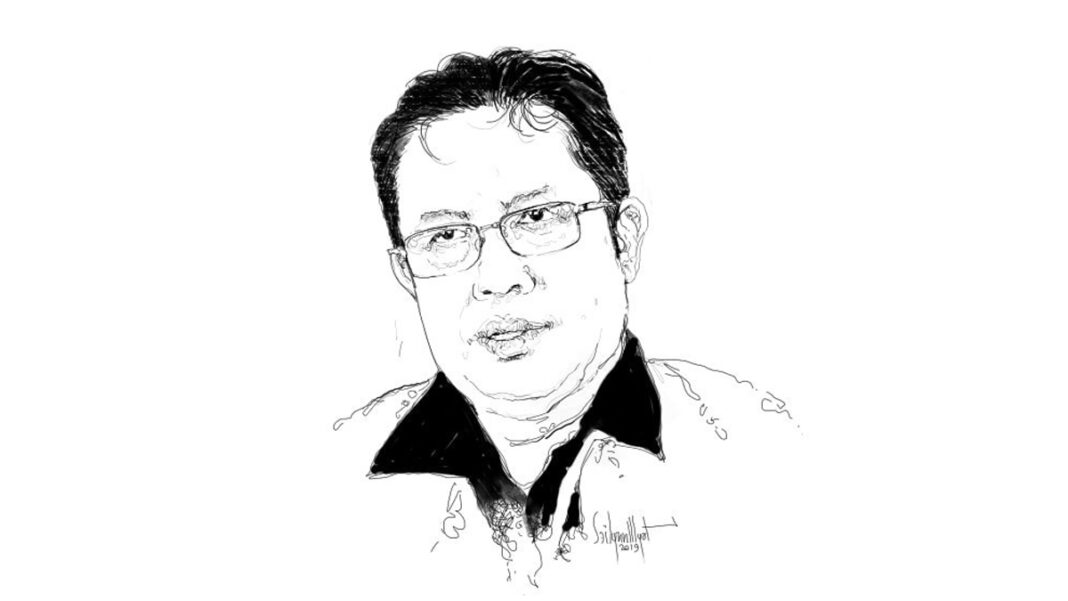
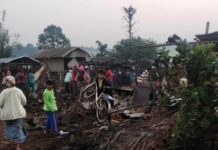
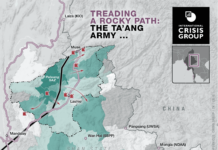
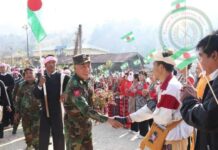
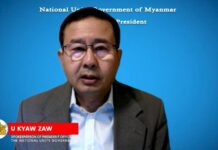
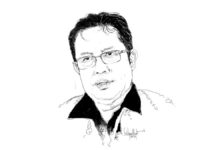






Leave a Comments